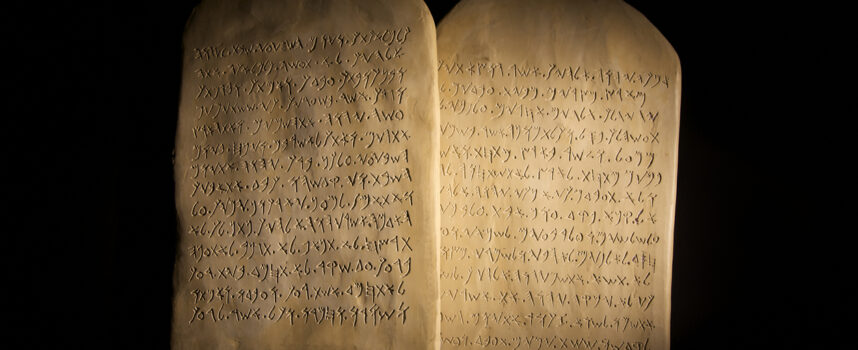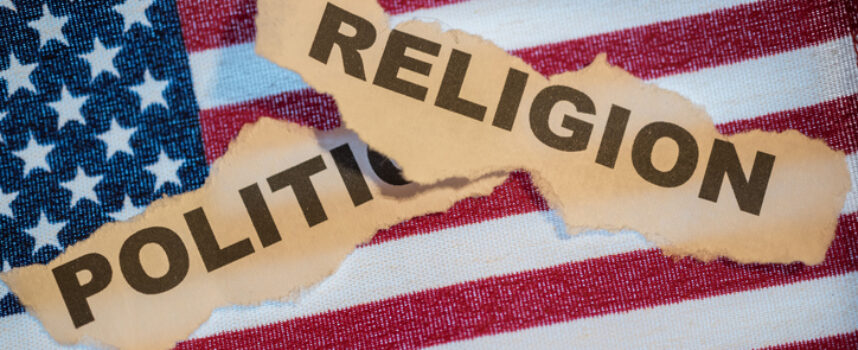Posts From Bruce Ashford
When a President sets forth a new mandate for a nation or when a military commander articulates the rules of engagement for a war, it is vitally important to listen to their prefatory remarks. Thus, it is even more significant when the Creator of the universe makes prefatory remarks before enumerating the basic moral laws [ Read More ]
Given that America’s public square seems like the combination of a war, a carnival, and a B-rated Hollywood movie, perhaps now is the time for American Christians to work even harder to convince ourselves and our fellow citizens of the value of God’s transcendent moral law. Specifically, we should focus on the moral law as [ Read More ]
It’s not as if we hadn’t been warned. During the middle of the twentieth century, the great theologian Dietrich Bonhoeffer warned that Europeans and Americans lived in “a world come of age,” by which he meant a world in which they had learned to manage life without reference to God, and that this experiment in [ Read More ]
Many Americans experience this country’s social, cultural, and political scene as an unremitting dumpster fire. Our society is torn between competing visions of the good life. Our cultural institutions are increasingly dysfunctional and unable to inspire confidence. As a result, many find it easy to lose hope in the American experiment. To read the rest [ Read More ]
In our current American context—fraught with social and cultural division, competing visions of the common good, and vitriol towards those with whom we disagree—it is incumbent on God’s people to carve out a faithful path for Christian political involvement. If we are able to do so, we will be “salt and light” for our society; [ Read More ]
Out of the Catholic and Orthodox traditions emerged newly-formed streams of Christianity. Those traditions both drew upon, and reacted against, the other traditions. In this installment, we will explore briefly some of the main distinctives of these traditions as they sought to formulate the proper approach to the political sphere. We will begin with the [ Read More ]
In the wake of Augustine’s magisterial City of God, and the ensuing weakening of the Roman Empire, the church continued to reflect upon, and develop its approach toward politics. After the schism that resulted in the formation of an Eastern Orthodox church distinct from the Roman Catholicism, some differences of approach emerged. In this installment, [ Read More ]
Joe Anderson’s and Tim Nichols’ “Proclaim” is a biblically grounded and richly provocative essay offering great insight into the task of proclamation in our secular age. Given that Westerners have learned to manage life without reference to God, and that Christianity is now often considered implausible, unimaginable, and even reprehensible, our need to understand the task [ Read More ]
The early church forged its thinking about politics from Scripture and in the context of a decadent pagan Roman Empire. It grappled with how best to further the Christian mission in such a context. Should it withdraw from the political sphere, given its persecuted minority status within the empire? Conversely, should it expend the majority of [ Read More ]
What Hath Christianity To Do with Politics?: (Pt:1: The Bible and Politics) In a nation divided socially, culturally, and politically, there is a necessity to reflect upon the proper relationship between Christianity and politics. As Richard John Neuhaus often remarked, politics is a function of culture at large, and culture is always underlain by religion [ Read More ]










